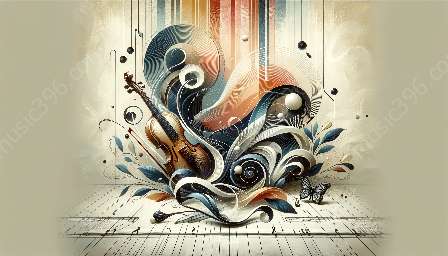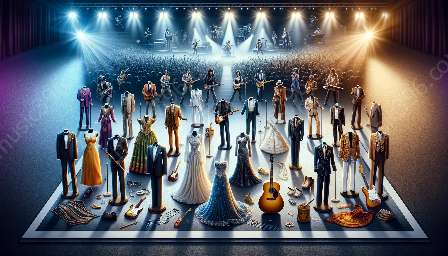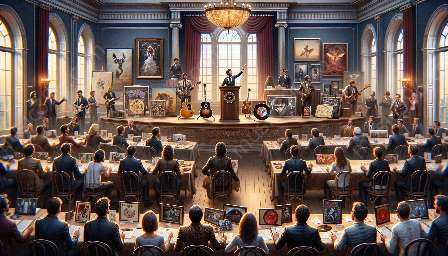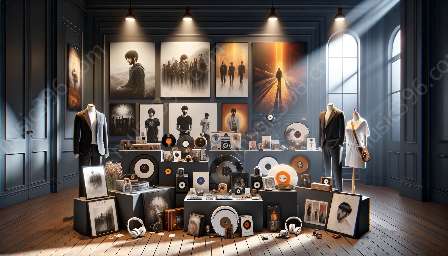Music autographs hold significant market value, making them prime targets for forgeries and fraud. Understanding this market and its impact on fraud detection is crucial for collectors and enthusiasts. Let's delve into the complex world of music autograph authentication, exploring how the market influences detection methods and the intersection with music art memorabilia.
The Market Value of Music Autographs
Authentic music autographs carry both sentimental and monetary value, often fetching high prices at auctions and through private sales. The rarity, historical significance, and connection to beloved musicians contribute to their desirability. Icons such as The Beatles, Elvis Presley, and Michael Jackson have left a lasting impact on music history, leading to a high demand for their genuine autographs.
The market value of these autographs directly influences the prevalence of forgeries. As the prices soar, so does the incentive for counterfeiters. The financial gain from selling fake autographs drives the proliferation of fraudulent items in the market, deceiving unsuspecting buyers and tarnishing the authenticity of genuine pieces.
Fraud Detection and Authentication
Authentication methods for music autographs have evolved alongside advancements in technology and forensic analysis. Experts utilize various techniques, including handwriting analysis, ink and paper examination, and provenance verification, to determine the authenticity of autographs. However, the increasing sophistication of forgeries poses challenges for traditional authentication processes.
The market value plays a pivotal role in shaping fraud detection strategies. With high-priced autographs becoming lucrative targets for forgers, the need for stringent authentication protocols becomes paramount. Technological innovations, such as digital watermarking and blockchain-based certification, are being embraced to ensure the traceability and genuineness of autographs in the market.
Intersecting with Music Art Memorabilia
Music autograph forgery detection intersects with the broader sphere of music art and memorabilia. Authentic autographs are integral components of music memorabilia collections, adding prestige and historical significance to the items. The emergence of forgeries threatens the integrity of these collections, requiring comprehensive fraud detection measures.
Moreover, the market value of authentic music autographs influences the overall perception and investment potential of music art memorabilia. Buyers and collectors must navigate the complexities of distinguishing genuine autographs from counterfeits to safeguard their investments and uphold the authenticity of their collections.
Conclusion
The market value of authentic music autographs directly impacts fraud detection and the prevalence of forgeries. As the demand for these prized possessions continues to rise, the need for robust authentication processes and fraud detection measures becomes increasingly critical. By understanding the interplay between market dynamics, authentication methods, and the broader realm of music art memorabilia, enthusiasts and collectors can navigate the market with greater knowledge and vigilance.























